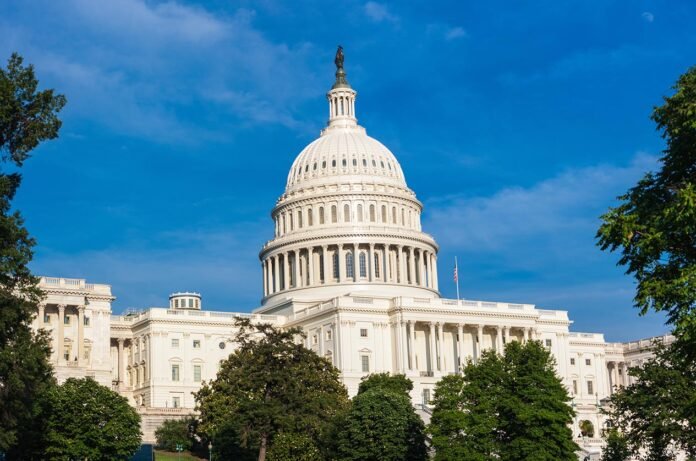The Growing Concern for Identity Theft Victims Amid Political Change
As the United States braces for a new political landscape with the incoming Trump Administration, a high-profile nonprofit organization dedicated to aiding victims of identity theft is expressing deep concerns about the future of support for these individuals. The Identity Theft Resource Center (ITRC) warns that the anticipated policy shifts could lead to a reduction in resources for victims of scams and cybercrime, while simultaneously creating a fertile ground for cybercriminals to thrive.
A Wary Outlook
Eva Velasquez, the president of the ITRC, articulates the fears of many in the cybersecurity community. “As we look toward 2025, the outlook for victims of identity theft, cybercrime, and scams is increasingly concerning,” she states. The nonprofit predicts that changes in public policy and resource allocations could exacerbate the challenges faced by victims, leaving them with even less support than before.
The cybersecurity sector, much like other industries, is on high alert as it anticipates the implications of a Trump presidency. The potential for reduced federal oversight and enforcement in cybersecurity is particularly alarming, as it could lead to a significant increase in cybercrime activity. Stephen Kowski, field CTO at SlashNext Email Security+, notes that this environment may create substantial market opportunities for Managed Security Service Providers (MSSPs) as organizations seek expert guidance to navigate the complexities of cyber threats.
The Shift in Cybersecurity Policy
The cybersecurity landscape is poised for transformation, and industry experts are keenly observing the signals that indicate how federal policy may evolve under Trump. There is a consensus that the new administration is likely to favor fewer regulations and less oversight, a stark contrast to the regulatory efforts seen during President Biden’s tenure. Stephanie K. Pell, a Fellow at the Brookings Institute, suggests that the Trump administration will likely reject regulatory strategies aimed at increasing oversight of the private sector.
Moreover, experts like Kara Struckman and Madison Binder from The Wilson Center outline potential changes that could arise, including a reduction in the responsibilities of the Cybersecurity and Infrastructure Security Agency (CISA) and a shift toward a more offensive cyber posture. These changes could have far-reaching implications for how organizations protect themselves against cyber threats.
A Dire Outlook for Victims
For the ITRC, the forecast is grim. The organization anticipates that the new administration will deprioritize critical areas such as identity crime prevention, cybercrime enforcement, and victim assistance funding. Without robust federal regulations, sophisticated fraud enterprises may exploit the regulatory gaps, leading to an increase in identity crimes and a decline in consumer trust. The ITRC warns that businesses could face heightened reputational and financial risks due to breaches and fraud that could have been mitigated by stricter regulatory frameworks.
The Role of MSSPs
In light of the expected decline in federal support, organizations may increasingly turn to MSSPs for comprehensive security coverage. Kowski emphasizes that the anticipated surge in cybercriminal activity, coupled with a fragmented state-by-state regulatory environment, will drive organizations to seek partnerships with security providers capable of delivering consistent, enterprise-grade protection.
MSSPs that offer advanced threat detection, automated response capabilities, and robust email security will be particularly well-positioned to assist clients in maintaining strong security postures during this period of regulatory uncertainty. However, industry experts caution that while the regulatory landscape may shift, the need for organizations to manage security events will remain constant.
John Bambenek, president of Bambenek Consulting, notes that companies will still face security challenges regardless of the regulatory environment. While enforcement of specific practices around cyber hygiene may diminish, the fundamental need for effective security management will persist.
Conclusion
As the United States prepares for a new administration, the implications for victims of identity theft and cybercrime are profound. The ITRC’s concerns highlight the potential for increased vulnerability in an already precarious landscape. With the anticipated reduction in federal support and oversight, organizations must be proactive in seeking out MSSPs to safeguard against the rising tide of cyber threats. The future may be uncertain, but the need for vigilance and robust security measures has never been more critical.

